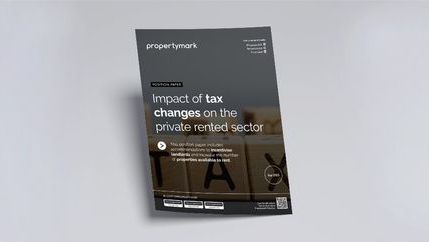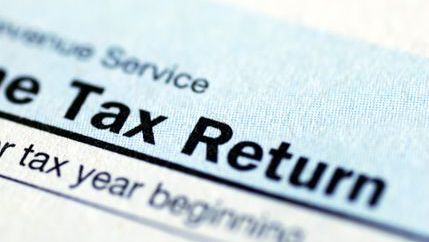
Stamp Duty reform to support buyers and improve mobility
For first-time buyers, the current Stamp Duty relief threshold of £300,000 is insufficient in many parts of the country, particularly London and the South East.
Lowering Stamp Duty would instantly reduce costs for consumers and increase the number of transactions, but as a minimum, there should be more frequent updates to the bands to reflect changes in property value. Furthermore, older downsizers should benefit from permanent exemptions to help free up larger family homes.
Any broader reform of Stamp Duty and Council Tax must prioritise market fluidity and fairness over revenue neutrality. Tax design should encourage mobility and investment, not hinder it.
Risks in extending Capital Gains Tax
In the last Budget, Capital Gains Tax rates rose from 10% to 18% for lower-rate taxpayers and from 20% to 24% for higher-rate taxpayers. When rates rise, individuals are less inclined to sell assets, choosing instead to wait for a future reduction, slowing economic activity.
Extending Capital Gains Tax to new asset classes, such as primary and secondary homes, would risk further stagnation in the property market. Homeowners who have seen their property values increase could find themselves worse off in real terms when moving for work or family reasons, discouraging mobility and limiting housing supply.
Reducing the burden on landlords to ease pressure on tenants
The PRS has been overburdened by regulation and taxation in the last decade. Section 24 tax changes, higher stamp duty surcharges, and the loss of wear and tear allowances have created a challenging environment for landlords. This has made it harder for small investors to enter the market and discouraged existing landlords from actively improving their properties, contributing to undersupply, stagnating standards, and rising rent costs.
To restore balance and encourage investment, the UK Government should:
- Review all taxes affecting private landlords, to support long-term investment and stabilise supply.
- Reinstate full mortgage interest tax relief to level the playing field between individual and corporate landlords.
- Reduce additional property taxes on buy-to-let homes, ensuring second homes and holiday lets bear higher rates instead.
- Unify Capital Gains Tax rates for residential property with other assets, removing distortions.
- Reintroduce the Landlord’s Energy Saving Allowance (LESA) to help fund energy efficiency improvements.
Propertymark also strongly cautions against any proposal to apply National Insurance contributions to rental income; such a move would worsen affordability and drive landlords out of the market.
Supporting tenants through welfare reform
To help those on low incomes and reduce rent arrears, the UK Government must maintain Local Housing Allowance (LHA) rates at least at the 30th percentile of local rents and increase them annually to reflect market conditions.
Failure to act will directly undermine measures in the Renters’ Rights legislation designed to improve access for people receiving benefits and substantially increase the risk of homelessness.
Propertymark continues to advocate for better systems to support landlords letting to tenants on welfare, including ending the five-week wait for Universal Credit payments and allowing rent to be paid directly to landlords where tenants request it.







